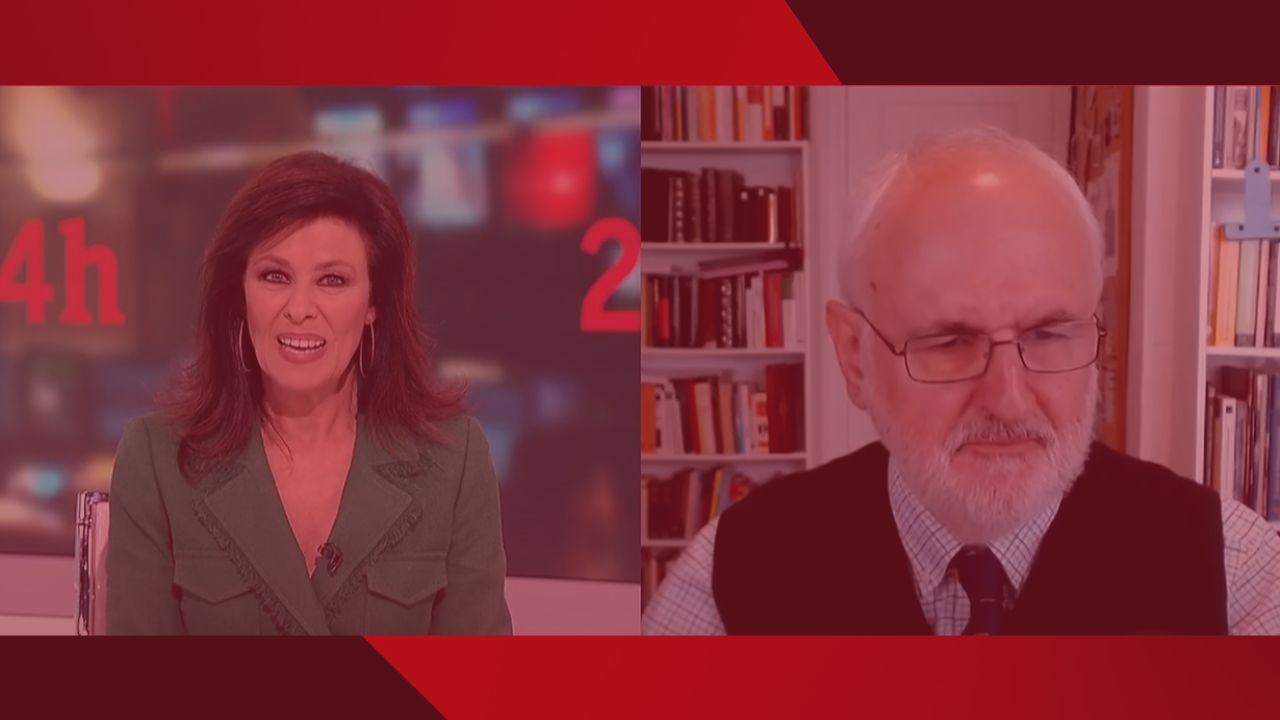The coronavirus crisis has revived long-overdue debates about the prevailing economic system in developed countries. A situation of extreme exceptionality, like a pandemic in the 21st century, should not hinder the general acceptance of the progress and wealth that capitalism brings. However, governments around the world (especially within the European Union), have taken advantage of the situation to try to obtain political points and to increase their power to the expense of the citizenry. Among other approaches, the idea of a public bank that «reaches where private banks do not reach» is now back on the table. Thus, the most radical section of the current administration, led by Podemos and some members of the Spanish Socialist Worker’s Party (PSOE), is now approaching one of its most ambitious objectives.
The social consensus along with the lessons from history regarding the national savings banks, however, continue to support a privately-owned financial system. The consensus around rejecting of the idea of a public bank constitutes an ever-present barrier against the eagerness of statists. The way they see it, this barrier must be cracked to the extent that would allow these radicals to make their attempt to exert absolute control over the Spanish credit system effective. However, the Government has announced the mobilization of 125 billion euros in lines of guarantees to face the liquidity crisis as a result of the current economic situation. The main characteristic of these lines is the coverage of 80% of the credit granted to small and medium-sized enterprises (SMEs) and 70% to large companies.
The small print, which could end up being a stimulus to the co-responsibility of banks in granting credit, hides perhaps one of the greatest threats to our financial system and, therefore, to our economy as a whole. Germany, a paradigmatic example of efficiency in injecting liquidity into the productive fabric, launched guarantee lines with 100% credit coverage. The potential loss of the Spanish state, in the event that all the credits were unpaid, would amount to 100 billion euros, while the remaining 25-42 billion would be absorbed by private credit institutions. But why are the guarantees not provided to cover all credit, as Germany has done?
To answer this question, we must first think in retrospect and about the evolution of Spanish banks’ dubious loans since the outbreak of the Great Recession. With the financial crisis of 2008, Spanish banks saw their collection rate from dubious assets grow at a quarterly rate of 12.18%, reaching delinquencies of 21.24% of total outstanding loans.
During the last five years, the defaults in the Spanish financial system has thus far been at a downward significant trend. This has allowed for a positive, albeit minimal, return of 0.4%, in a environment of 0% interest rates created by the monetary policies of the European Central Bank (which also greatly hinder the banking business).
Given the consensus in the projections of national economic contraction (BBVA Research calculates a reduction in GDP between 4.1% and 7.9%), and assuming that the tensions in our production and financial systems will last two more years in the absence of effective economic policies that encourage activity and employment, we propose two scenarios for the evolution of delinquencies.
The neutral scenario, which is based on the quarterly growth rate of delinquencies from the previous crisis (12.18%) being applied to the minimum portion not guaranteed by the state (25 billion euros) and to previous outstanding loans, would yield a delinquency of 25%. This figure is similar those in 2014, after the Great Recession.
On the other hand, the optimistic scenario, in which the liquidity lines are assumed to have a real positive impact on productive capabilities, along with the reduction of the growth rate of defaults to half of what occurred in the previous crisis, gives us a default rate of 13.81%.
Even taking the optimistic scenario as a reference, the volume of dubious loans would destroy the already negligible return on the assets of Spanish banks, which will face significant phases of stress.
The Spanish financial system would again find itself in great trouble until the expansionary phase of the economic cycle begins. This situation would give strength to the radical speech on the part of the administration, weaken the current barrier of consensus on a private banking system, and materialize the threat of the nationalization of these entities.
Thus, the socialist state will have managed to make the system collapse as a result of the interventionism in interest rates and in the losses absorbed by the banks, after prompting the government to grant credit for a minimum value of 125 billion euros without a full guarantee. And all of this while blaming private entities.
The Covid-19 crisis once again confronts us with a complicated dilemma: either internalize the costs of the recession, and assume bankruptcy on the part of our productive capabilities, or once again socialize the losses and prop up companies that, on many occasions, only managed to survive in the past few years due to the artificially low interest rates of the ECB.
In any case, the financial system and civil society must be prepared for the traps that the sympathizers of socialism will be setting along the way (who with those traps will curtail our freedoms and advance their pursuit of economic control).






